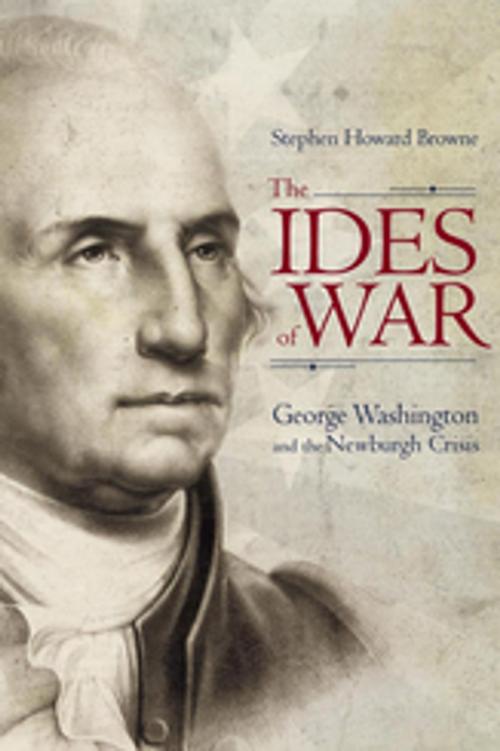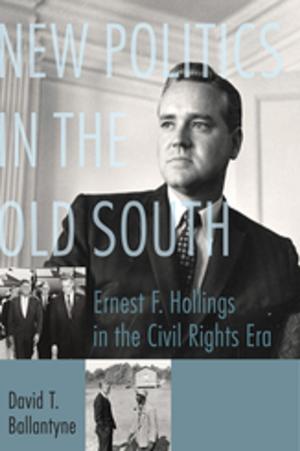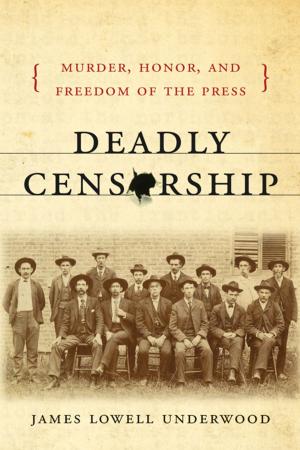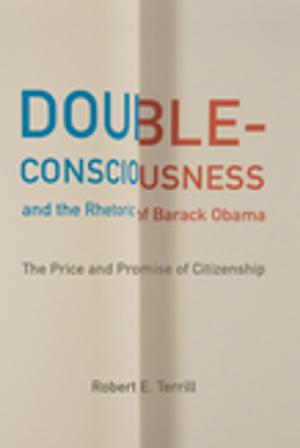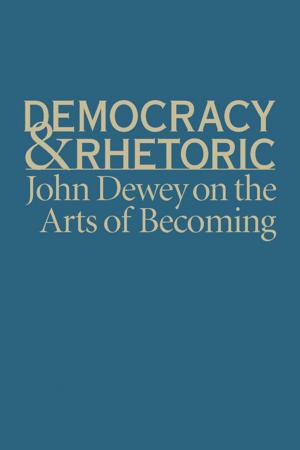The Ides of War
George Washington and the Newburgh Crisis
Nonfiction, Reference & Language, Language Arts, Public Speaking, Rhetoric, History, Americas, United States, Revolutionary Period (1775-1800)| Author: | Stephen Howard Browne, Thomas W. Benson | ISBN: | 9781611176605 |
| Publisher: | University of South Carolina Press | Publication: | June 30, 2016 |
| Imprint: | University of South Carolina Press | Language: | English |
| Author: | Stephen Howard Browne, Thomas W. Benson |
| ISBN: | 9781611176605 |
| Publisher: | University of South Carolina Press |
| Publication: | June 30, 2016 |
| Imprint: | University of South Carolina Press |
| Language: | English |
History tells us that on a day when the forces of civil government confront the forces of military might, no one knows what may follow. Americans believe that they have avoided this moment, that whatever other challengesthe country has faced, at least it never has had to deal with the prospects of a coup d’état. Stephen Howard Browne maintains that this view is mistaken, that in fact the United States faced such a crisis, at the very moment when thecountry announced its arrival on the world scene in the spring of 1783 in a rustic meeting hall along the Hudson River near Newburgh, New York. The crisis was resolved by George Washington, commander in chief of the U.S. Army, in an address he delivered to a roomful of restive and deeply disaffected officers. In The Ides of War, Browne examines the resolution of the first confrontation between the forces of American civil government and the American military—the Newburgh Crisis. He tells the story of what transpired on that day, examines what was said, and suggests what we might learn from the affair. Browne shows that George Washington’s Newburgh Address is a stunning example of the power of human agency to broker one of our most persistent, most troublesome dilemmas: the rival claims to power of civil and military authorities. At stake in this story are biding questions about the meaning and legacy of revolution, the nature of republican government, and ultimately what kind of people we are and profess to be. Browne holds that although these are monolithic and vexed themes, they are vital and need to be confronted to obtain a coherent and convincing account of history. The Newburgh Crisis offers an unmatched opportunity to examine these themes, as well as the role of rhetoric in the founding of the world’s first modern republic.
History tells us that on a day when the forces of civil government confront the forces of military might, no one knows what may follow. Americans believe that they have avoided this moment, that whatever other challengesthe country has faced, at least it never has had to deal with the prospects of a coup d’état. Stephen Howard Browne maintains that this view is mistaken, that in fact the United States faced such a crisis, at the very moment when thecountry announced its arrival on the world scene in the spring of 1783 in a rustic meeting hall along the Hudson River near Newburgh, New York. The crisis was resolved by George Washington, commander in chief of the U.S. Army, in an address he delivered to a roomful of restive and deeply disaffected officers. In The Ides of War, Browne examines the resolution of the first confrontation between the forces of American civil government and the American military—the Newburgh Crisis. He tells the story of what transpired on that day, examines what was said, and suggests what we might learn from the affair. Browne shows that George Washington’s Newburgh Address is a stunning example of the power of human agency to broker one of our most persistent, most troublesome dilemmas: the rival claims to power of civil and military authorities. At stake in this story are biding questions about the meaning and legacy of revolution, the nature of republican government, and ultimately what kind of people we are and profess to be. Browne holds that although these are monolithic and vexed themes, they are vital and need to be confronted to obtain a coherent and convincing account of history. The Newburgh Crisis offers an unmatched opportunity to examine these themes, as well as the role of rhetoric in the founding of the world’s first modern republic.
